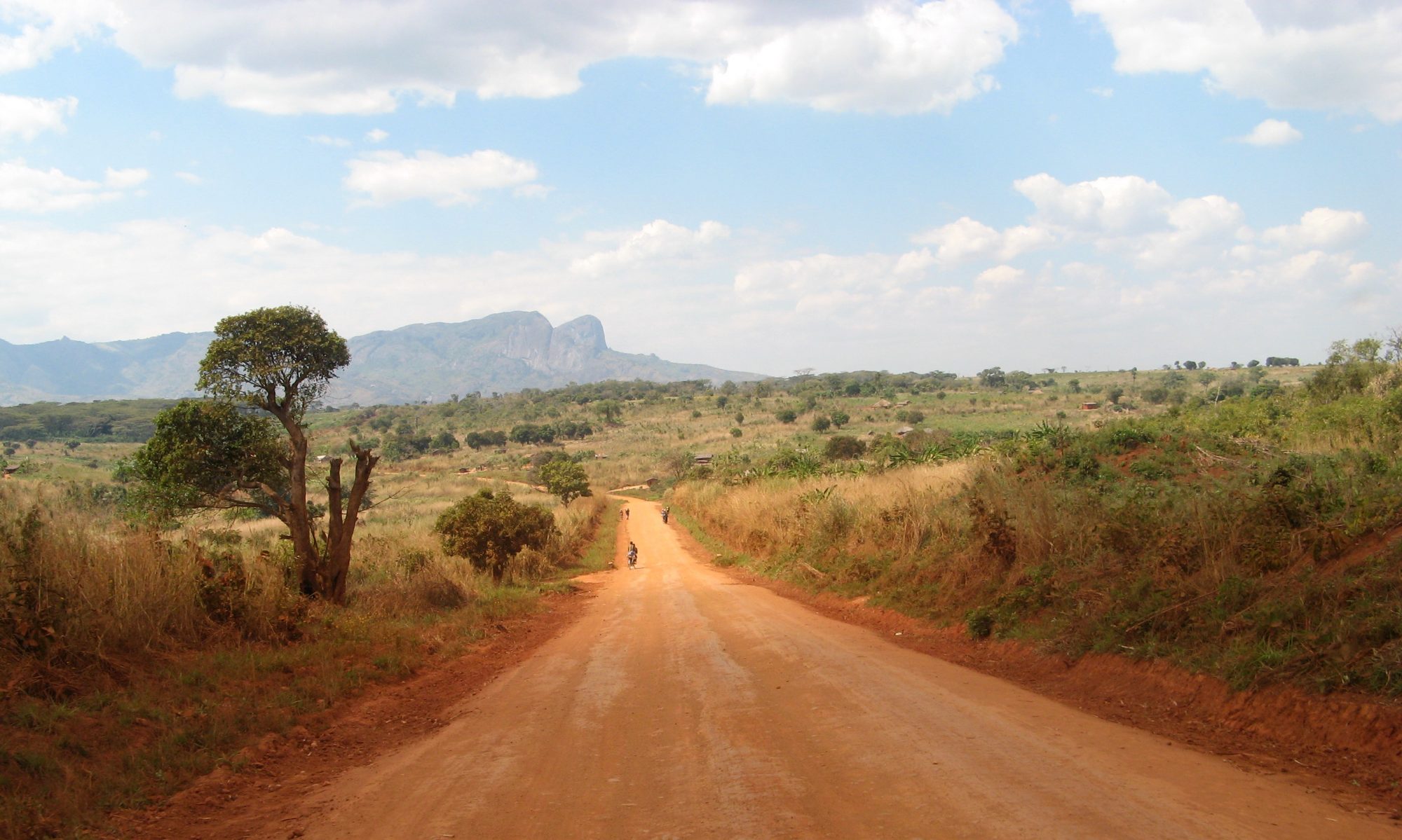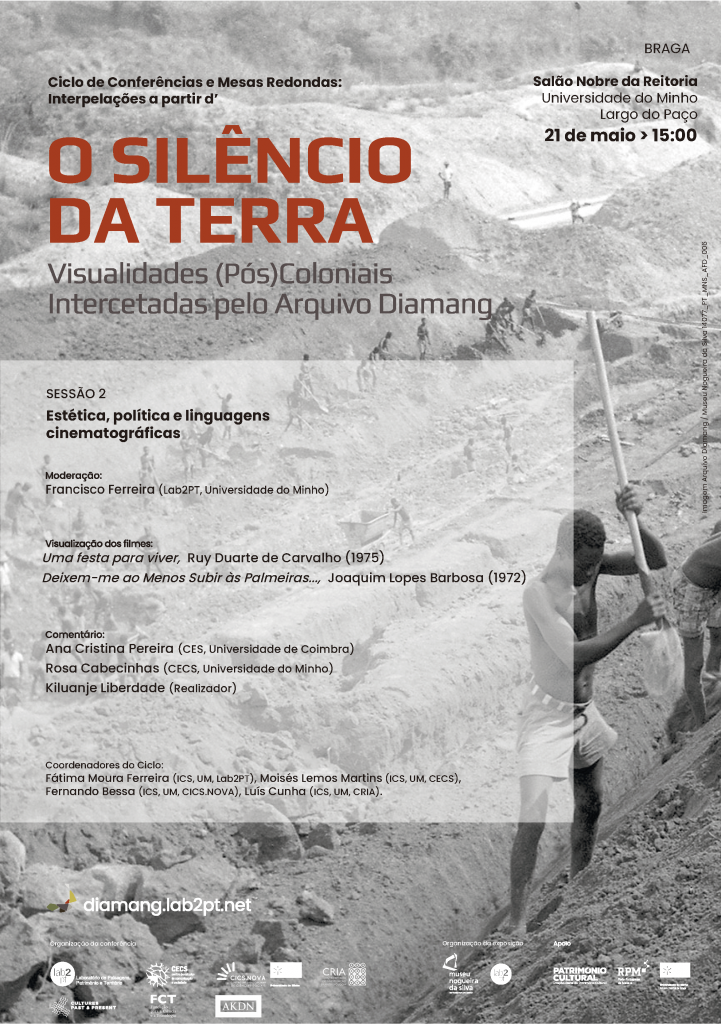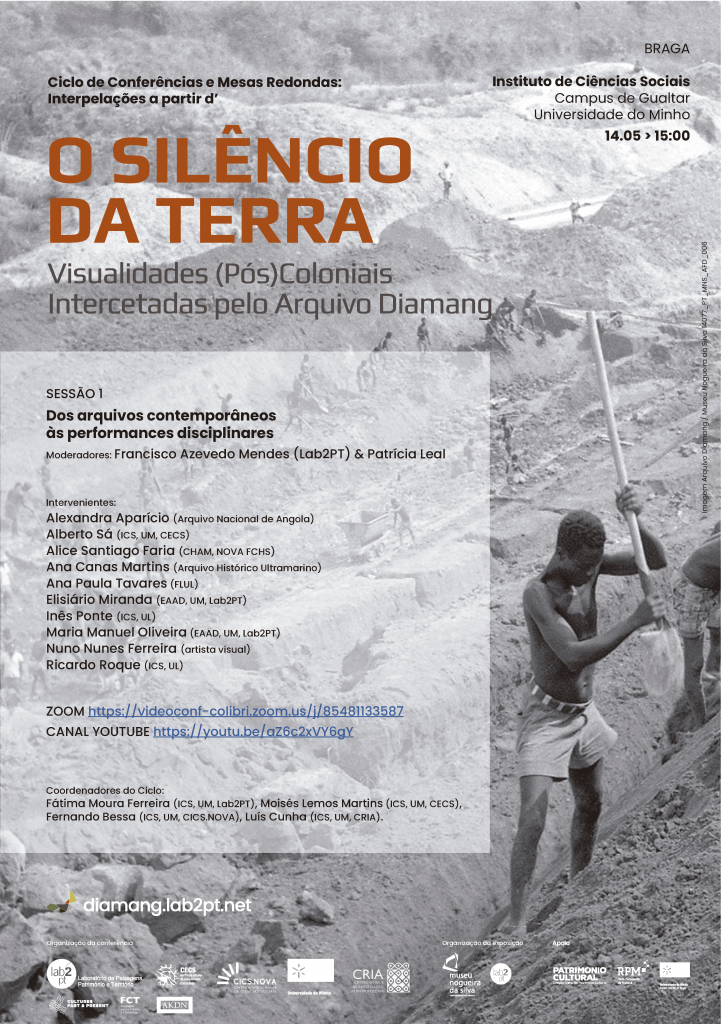The II International Conference on Culture and Society – what literacy (s) for economic and social justice? will be held on 27 and 28 May 2021 in an online format. Activities start from 1:30 pm in Portugal / Angola time; 2:30 pm in Mozambique; 11:30 am in Cape Verde and 9:30 am in Brazil. The complete program is now available, check out some highlights of the program and the participation of the Cultures Past & Present project team.
The opening session will be attended by Martins Mapera – Director of FCSH, Zambezi University/Moçambique and Moisés de Lemos Martins – Director of CECS, University of Minho/Portugal, membros do projeto Cultures Past&Present, Jorge Figueiredo – Ambassador of Cape Verde to Angola and Mozambique, Mebiavanga Fernando CEM / ISCED Luanda, Angola, Cristina Brito – Director of CHAM, Humanities Center, FCSHUNL / Uac, Portugal and Bettencourt Preto Sebastião Capece – Rector of the University Zambeze / Mozambique.
15h00-16h15 – (GMT+1/Horário de Portugal)
Moderator: Hilarino da Luz, CHAM, Centro de Humanidades, FCSH-UNL/Uac, Portugal
Semiótica da cegueira: alteritas na academia
Martins Mapera (FCSH/Universidade Zambeze, Moçambique)
Para uma travessia tecnológica e transcultural. O caso do Museu Virtual da Lusofonia
Moisés de Lemos Martins (CECS, Universidade do Minho, Portugal)
16h15 – 18h00
Panel Discussion 1 : Temática I: Sociologia, Antropologia, Filosofia e Comunicação Intercultural. Moderator – Luís Rodrigues (Universidade de Santiago, Cabo Verde).
- Ensino das Humanidades como Literacia para uma Justiça Económica e Social – Rosário Couto Costa (ISCTE-IUL, Portugal)
- Tempo, Espaço e Covid-19. A “nova normalidade” e a incerteza no futuro – Vítor de Sousa (CECS, Universidade do Minho, Portugal)
- Retratos Femininos: construção social e representação da mulher nos manuais escolares de Portugal e Moçambique – Alice Balbé & Elaine Trindade (CECS, Universidade do Minho, Portugal)
- Violência contra a mulher: práticas e representações sociais – Adelino Esteves Tomás (Universidade Save, Moçambique)
- Práticas Artísticas e Performáticas Contemporâneas na Salvaguarda de Tradições Orais – Maria Isabel Lemos (ISCTE-IUL, Portugal)Quem quer ser apagada? Representações de género nos manuais escolares – Rosa Cabecinhas (CECS, Universidade do Minho, Portugal)
18h00 – 21h50
Temática II: Literatura, Língua, Culturas e Comunicação Intercultural
- A representação da cidade de Luanda e o reconhecimento da identidade angolana no período pós-colonial, em Nós, os do Makulusu, de José Luandino Vieira
- Juliana Santos Menezes (Instituto Federal da Bahia, Brasil)
- Os lugares romanescos como signos da tragédia em As Naus, de António Lobo Antunes – Cristóvão F. Seneta (FCSH, Universidade Zambeze, Moçambique
- Arandir: o anti-herói subalterno brasileiro – Maíra Neiva Gomes (Universidade Estadual de Minas Gerais, Brasil)
- A voz de Moçambique: discursos sobre literatura, arte e censura (1961 -64) – Noemi Alfieri (CHAM – Centro de Humanidades, FCSH-UNL/Uac)
- O Cinema como mundividência Cultural e Social: diálogos intersemióticos através da Literacia Fílmica – Luís Miguel Cardoso (Instituto Politécnico de Portalegre, Portugal)
- Problematização da periodização da literatura cabo-verdiana – Hilarino da Luz (CHAM – Centro de Humanidades, FCSH-UNL/Uac, Portugal)
- Cinema, memória e imaginário: o caso das coproduções em língua portuguesa – Isabel Macedo & Moisés de Lemos Martins (CECS, Universidade do Minho, Portugal)
19h45-20h00 Debate
PAINEL III
Moderador. Nobre Roque dos Santos (Universidade Pedagógica de
Maputo, Moçambique)
Day 2: May 2021
14h00-14:40 Lisboa pós-colonial e as invisibilidades da memória a partir dos Contos de Lisboa de Mónica de Miranda: Contributos para uma Reflexão sobre Literacia para uma maior Justiça Económica e Social – Margarida Rendeiro (CHAM, Centro de Humanidades, FCSHUNL/Uac / Universidade Lusíada de Lisboa, Portugal)
Moderadora: Moemi Alfieri (CHAM, Centro de Humanidades, FCSH-UNL/Uac, Portugal)
14h40 – 17h40
Temática II: Literatura, Língua, Culturas e Comunicação Intercultural
PAINEL I
Moderator: João Luís Lisboa (CHAM, Centro de Humanidades, FCSHUNL/Uac, Portugal)
PAINEL II
Moderador: Elizabeth Olegário (CHAM, Centro de Humanidades, FCSHUNL/Uac, Portugal)
17h40 – 19h15
Temática III: Cultura, Economia e Desenvolvimento Humano
PAINEL I
Moderator: Manuel Gama (CECS, Universidade do Minho, Portugal)
PAINEL II
Moderator: André Victorino Mindoso (Universidade Rovuma, Moçambique)
19h15 – 20h25
Temática IV: Justiça, Direitos Humanos, Democracia e Cidadania
Moderator: Arcenio Cuco (UniRovuma, Moçambique)
20h25-21h00 – POETRY RECITAL
Movimento Artístico e Literário Lev´Arte, Angola
Associação Literária de Santo Antão (ALSA), Cabo Verde
21h00-21h30 – CLOSING SESSION
Fernando Pessoa (Movimento Literário e Artístico Lev´Arte, Angola)
Rosa Cabecinhas (CECS, Universidade do Minho, Portugal)
Esperança Luieca Ferraz (UL-FaArtes, Angola)
Elizabeth Olegário Bezerra da Silva (CHAM, Centro de Humanidades, FCSHUNL/Uac, Portugal)
Noemi Alfieri (CHAM, Centro de Humanidades, FCSH-UNL/Uac, Portugal)
Hilarino da Luz (CHAM, Centro de Humanidades, FCSH-UNL/Uac, Portugal)
Pedrito Cambrão (Universidade Zambeze, Moçambique)
Ana Maria Martinho (Coordenadora da Linha de Estudos Africanos / CHAM, Centro de Humanidades, FCSH-UNL/Uac, Portugal)









